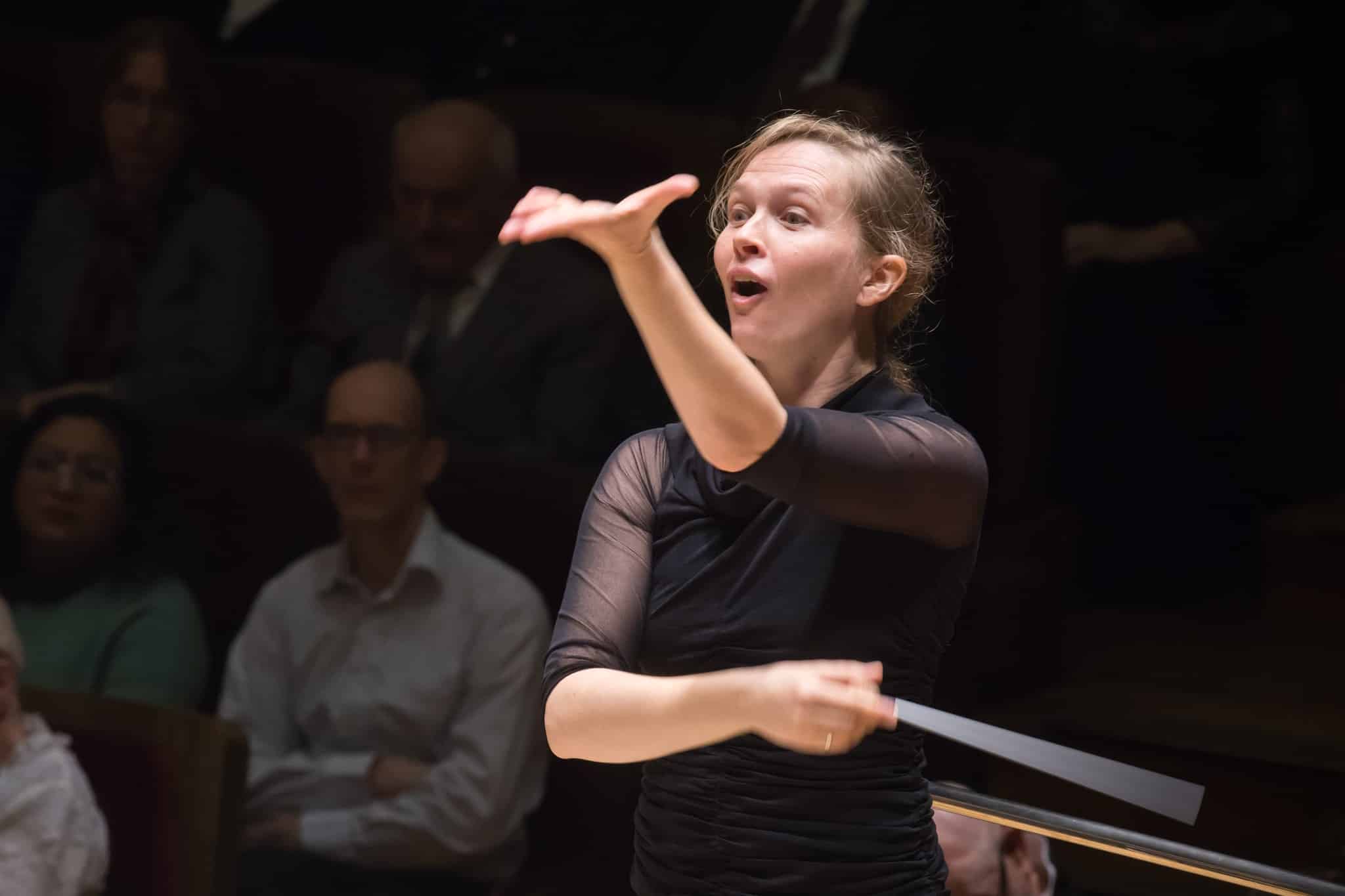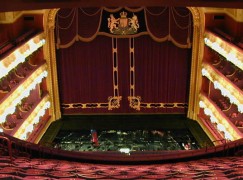And the Karajan gold goes to….
mainDaniil Trifonov is the first recipient of the 50,000 Euro prize, awarded today in Salzburg (it was previously based in Baden-Baden).
Next year’s winner has already been chosen. It’s the cellist Sol Gabetta.
What either of them has to do with HvK is mysterious.
True, old Herbie liked working with Evgeny Kissin, who has much in common with Trifonov.
But he never worked with Jackie du Pre or other young female cellists, so far as we can remember.






Comments